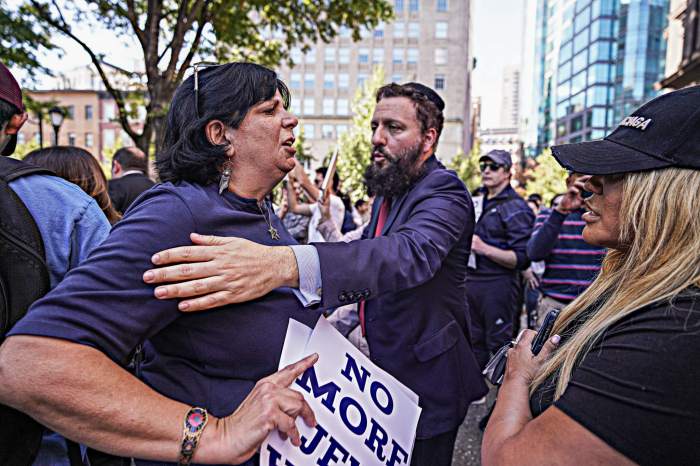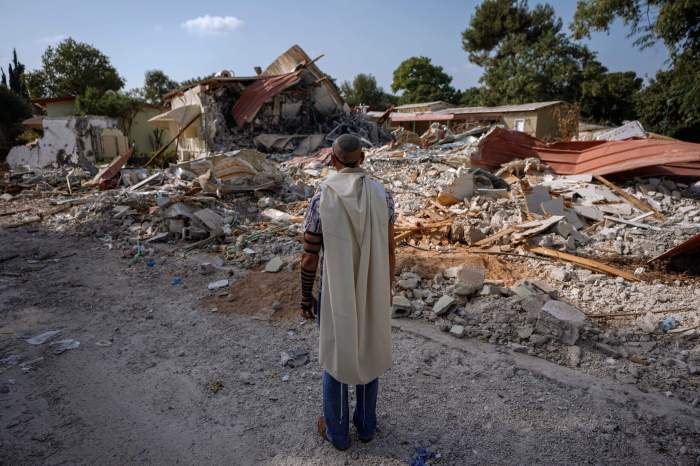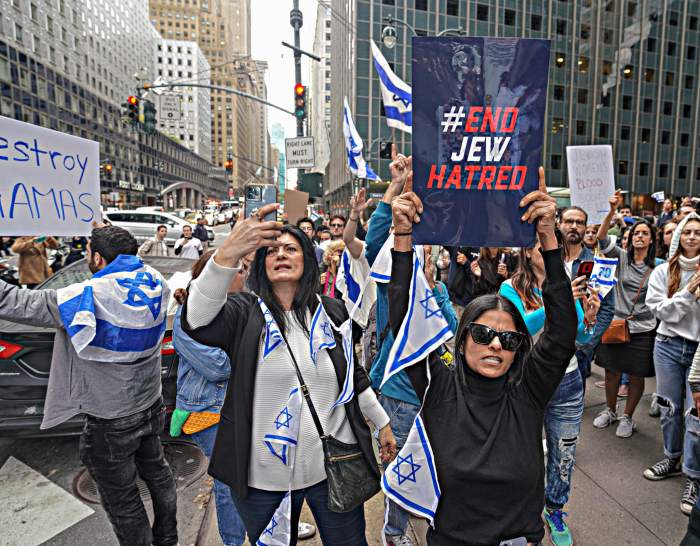
Gov. Andrew Cuomo’s decision to sign a law that imposes a hefty fine on someone advertising a short-term stay on Airbnb or other home-rental websites should be just a start to how New York regulates the sharing economy. There is more Albany can do.
Home sharing should be legal on a specific and well-regulated basis, allowing a new industry to flourish while still addressing the legitimate and significant concerns that remain about Airbnb and similar sites.
The new law institutes significant penalties — up to $7,500 — on many who advertise rentals for fewer than 30 days when the host isn’t home. Such rentals have been illegal since 2010 — this law just adds teeth. But questions about the new legislation, from its impact on platforms like Airbnb to how it’ll be enforced, remain. More important, adding new layers to old regulations doesn’t give NYC or the state the tools they need to control or oversee a new industry. It doesn’t address the city’s changing economic needs, broader peer-to-peer sharing efforts or cases in which home sharing makes sense.
There are many valid issues to deal with — from worries over turnover and noise to liability and claims of discrimination. But there’s also an opportunity for comprehensive lawmaking. Short-term rentals should continue to be illegal for apartments that aren’t primary residences. But those who live in an apartment year-round and want to briefly rent it to others while away shouldn’t be prohibited from doing so. There should be a cap on the number of days per year anyone can rent out a home, so neighbors aren’t adversely affected. The state should consider a registration system to prevent abuse, and require proof of primary residence. Rent-controlled and subsidized apartments shouldn’t be included in home sharing, to prevent anyone from profiting from those affordable units. And lawmakers will have to determine how to collect any taxes and enforce the code they create.
This is complicated, but it’s important. We have to look forward rather than just enforcing outdated laws. A carefully crafted, legalized, albeit limited, home-sharing economy should be the goal.

















